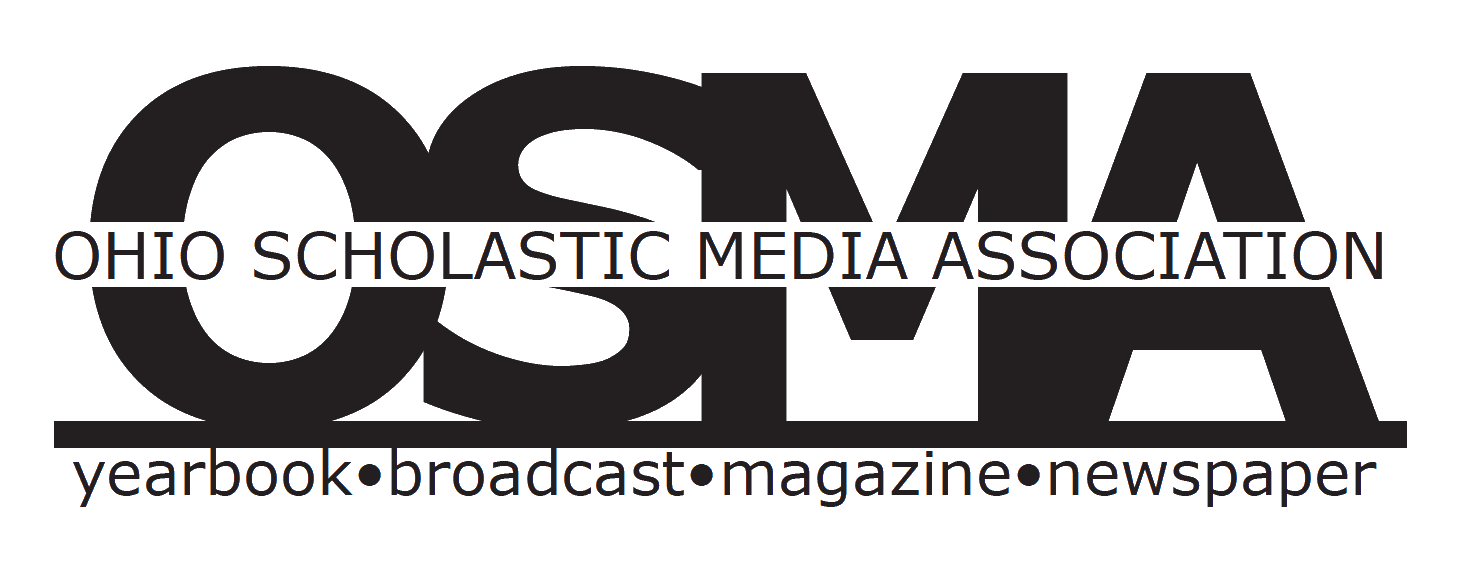Resources for journalism teachers
Whether you are just starting out advising a student publication, wanting to freshen up tried and true lesson plans, or trying to be the best student editor ever, there are some great FREE resources to help you. Here are some of our favorite online curriculum and journalism resources and included a basic description of what can be found at each one.
If you are a member of the JEA, please be sure to check out the high-quality lesson plans, mentoring programs, and resources that are included in your annual membership.
The Student Press Law Center is the authoritative source for lessons on student press law, questions about copyright or students’ rights, and current information on current challenges to student press rights. SPLC also houses New Voices, a grassroots effort to seek student press freedom within state laws.
“The Poynter Institute is a global nonprofit that strengthens democracy by improving the relevance, ethical practice and value of journalism. Through teaching, publishing, convening, fact-checking and media literacy, Poynter creates a crossroads where communities come together to use journalism to confront society’s complex problems.” (from https://www.poynter.org/about/)
Poynter has several excellent newsletters you can subscribe to, keeping you current on what’s happening with “the media” as a whole. They also offer training and PD that is available both online and in-person. Poynter is also home to the The MediaWise Teen Fact-Checking Network and https://politifact.com/.
https://www.schooljournalism.org/
“This go-to education site for students and teachers provides hundreds of lesson plans and resources related to journalism, news literacy and civic education. Whether you want to learn, teach or create news and information using digital media tools or increase your understanding of the First Amendment and democracy, this site can both inspire and instruct!” (from https://www.schooljournalism.org/about/)
https://journalisticlearning.org/
A non-profit dedicated to benefiting teachers and students with lessons and research. Home of https://journalisticlearning.org/murrow/, the online AI-powered journalistic writing coach.
http://journalistsresource.org
“A project of Harvard Kennedy School’s Shorenstein Center, The Journalist’s Resource curates, summarizes and contextualizes high-quality research on newsy public policy topics. We are supported by generous grants from the Carnegie Corporation of New York, the Robert Wood Johnson Foundation, The National Institute for Health Care Management (NIHCM) Foundation and individual contributors.” (from https://journalistsresource.org/)
http://www.journaliststoolbox.org/
“Hosted by the Society of Professional Journalists, the SPJ Toolbox plays an important role in providing journalists, students, professors and people in many professions with reliable resources for reporting, editing, verifying and visualizing information for complex stories. SPJ Toolbox is a free resource for start-up newsrooms, legacy and local media, freelancers, entrepreneurs, educators, student media and people in many other industries. Updated frequently, it contains thousands of free (and some fee-based) resources organized by beats and topics within more than 160 searchable pages. Reporters new to a beat use the pages, organized much like a newsroom, to familiarize themselves with coverage and sourcing. Toolbox content has a Creative Commons license, and educators are encouraged to share Toolbox resources in class and in course materials.” (from https://www.journaliststoolbox.org/about/)
http://journalism-education.cubreporters.org/2010/08/journalism-story-structure.html
This website probably hasn’t been updated in ages, but this page has a great explanation of traditional story structure–and the clearest explanation of the “Kabob” pattern of organization I have found to date.
From The News Literacy Project, checkology.org offers free online curriculum modules exploring media bias, misinformation, the role of the press, and more. The lessons contain fresh and engaging examples and can be used for whole class instruction or students can self-guide through the lessons. Requires students to create a free account.
The Freedom Forum offers information and insight on all things First Amendment. Also houses the “Today’s Front Pages” collection, which is a dynamic tool to explore how print publications across the world are using the front page.
“NewseumED.org offers free resources to cultivate the First Amendment and media literacy skills essential to civic life. Learn how to authenticate, analyze and evaluate information from a variety of sources and put current events in historical context through standards-aligned lesson plans, videos, primary sources, virtual classes and programs.” (from https://newseumed.org/about-newseumed) Requires a free teacher account.
https://www.jeadigitalmedia.org/
JEA Digital Media has a wealth of information and resources. There is everything from specific software tutorials to information on equipment. Fresh content, tips, and tutorials for digital media production come out frequently.
And finally, even though this site requires an annual membership, https://asbclassroom.com/ has wonderful video lessons, assignments, and example footage to help student journalists learn to shoot and edit video footage.
